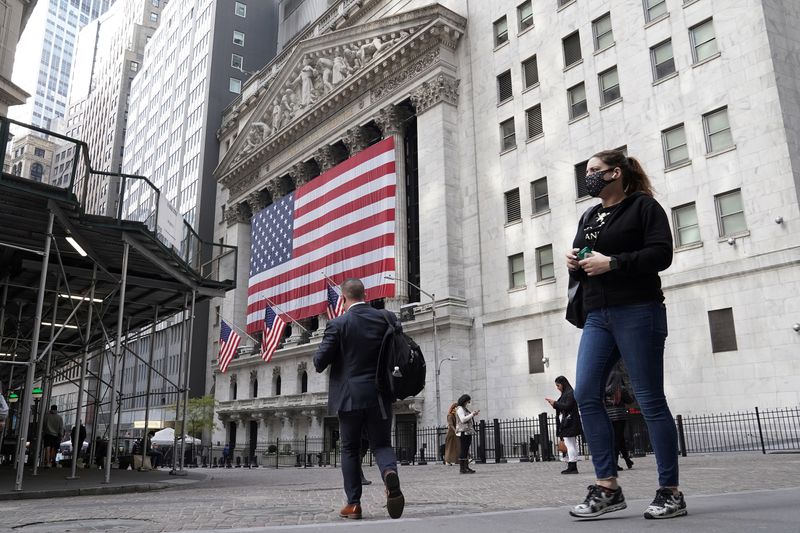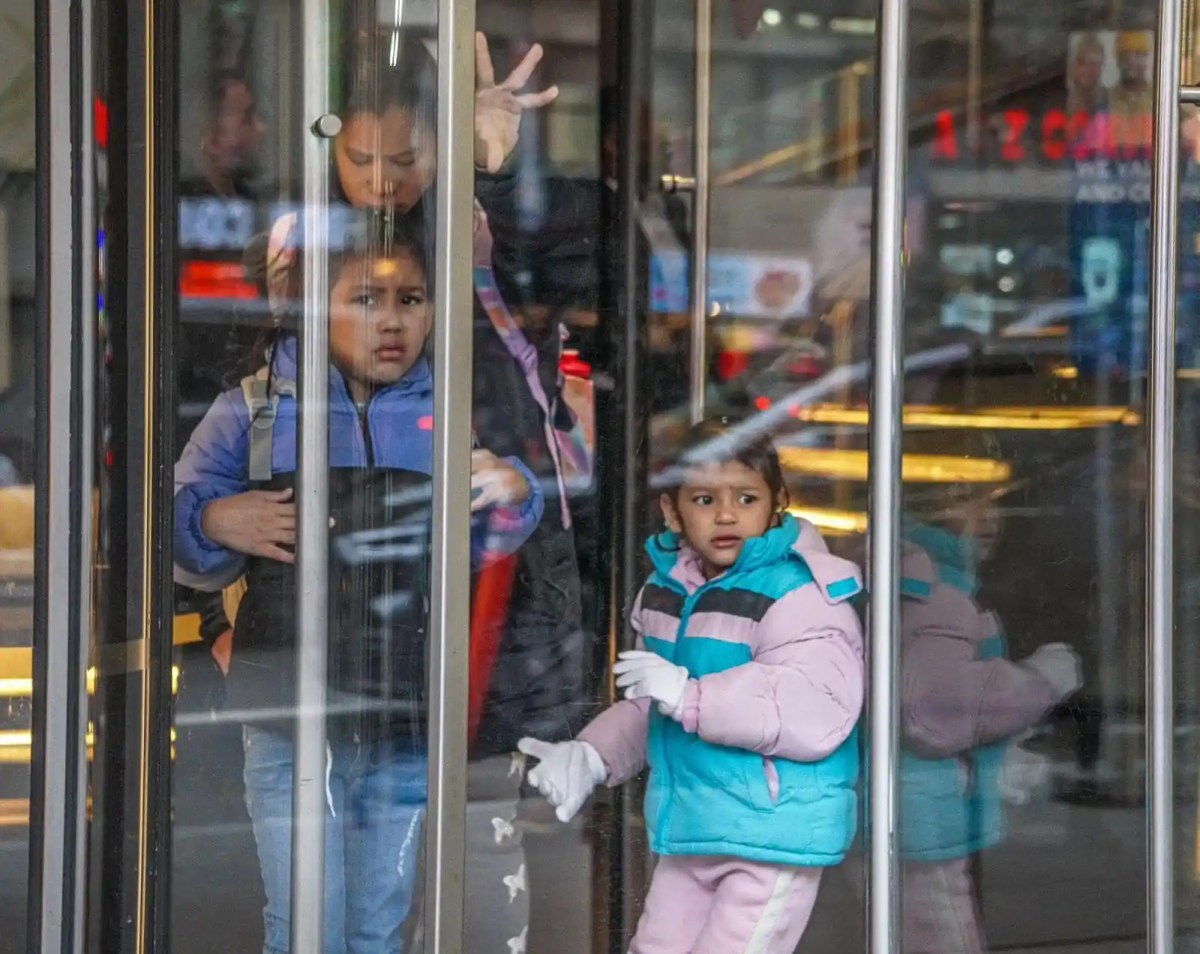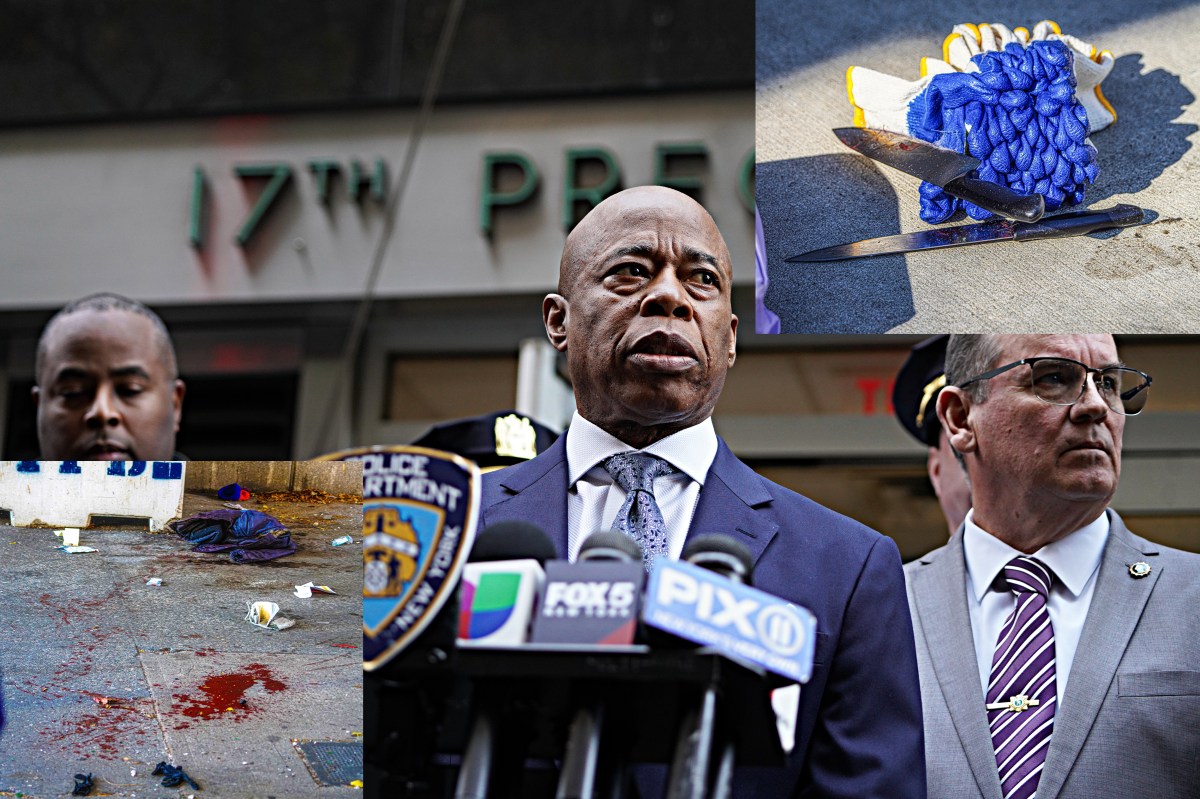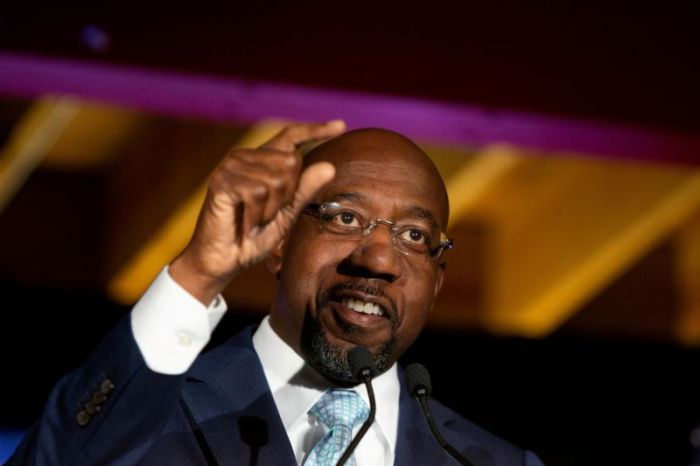NEW YORK (Reuters) – The S&P 500 notched a record closing high on Friday with upbeat earnings reports helping to drive optimism about the economy along with hopes for successful COVID-19 vaccines, even as investors monitored a surge in virus cases and restrictions around the country.
After a volatile trading week where the market was whipsawed between hopes and fears around the virus, Cisco Systems Inc provided the biggest boost to the S&P 500 after its quarterly report showed a work-from-home driven surge in demand.
Walt Disney Co also rose as its rapidly growing streaming video business, and a partial recovery at its theme parks tempered its quarterly loss.
“At least for today it looks like sentiment regarding the potential for vaccines combined with very strong earnings announcements from a number of companies has investors hopeful that the economy can continue to recover,” said Michael Arone, chief investment strategist at State Street Global Advisors.
The Dow Jones Industrial Average rose 399.64 points, or 1.37%, to 29,479.81, the S&P 500 gained 48.14 points, or 1.36%, to 3,585.15 and the Nasdaq Composite added 119.70 points, or 1.02%, to 11,829.29.
Along with the S&P, the small cap Russell 2000 also registered a record closing high on Friday, rising 2.1% on the day.
Friday’s outperformance of more economically sensitive cyclical sectors including energy, real estate and industrials over growth sectors like technology was a clear indication of “optimism around the economy” said Tom Martin, senior portfolio manager at Globalt Investments in Atlanta.
The Russell 1000 value index, which is heavily weighted toward cyclical sectors such as banks and energy, rose 1.97% on Friday while the growth index, with a large tech company weighting, added 0.7%.
The three major U.S. stock indexes had fallen on Thursday as more than a dozen U.S. states reported a doubling of new COVID-19 cases in the last two weeks, with Chicago’s mayor issuing a month-long stay-at-home advisory.
But a senior adviser to President-elect Joe Biden said there were no plans for nationwide lockdowns next year and instead talked about restrictions for specific regions when the virus spread is bad there.
State Street’s Arone said the aversion to a full lockdown likely cheered up some investors but that optimism may be overdone. He cited Fed official warnings about the potential economic damage rising virus cases could do without a fresh economic stimulus package in sight.
“The market is underestimating some of the impact that rising cases and no stimulus will have on the economy and earnings and they’re over estimating the potential timeline and breadth of a vaccine distribution,” Arone said.
“In the spring folks were bracing for the worst and the worst didn’t happen. Now they’re expecting the best and they may be a little too rosy.”
Positive data from Pfizer’s virus vaccine study on Monday had prompted a rally that pushed the S&P 500 up 2.2% for the week and gave the Dow a 4% weekly gain. The indexes also registered their biggest two-week percentage gains since April.
The tech-heavy Nasdaq, however, showed a 0.6% decline for the week as investors booked profits in technology stocks, which have benefited from a stay-at-home environment.
Globalt’s Martin also pointed to investor hopes for news of more coronavirus vaccine progress soon, after Moderna Inc said earlier this week that it had enough data for a first interim analysis of its late-stage trial.
With third-quarter reports released from about 90% of S&P 500 companies Refinitiv IBES estimates now show profits falling 7.8% from last year compared with an Oct. 1 expectation for a 21.4% slump.
Biden solidified his victory over President Donald Trump on Friday after the state of Georgia went his way, leaving incumbent Donald Trump little hope of reversing the outcome through legal challenges and recounts.
Advancing issues outnumbered declining ones on the NYSE by a 4.76-to-1 ratio; on Nasdaq, a 2.83-to-1 ratio favored advancers.
The S&P 500 posted nine new 52-week highs and no new lows; the Nasdaq Composite recorded 84 new highs and 11 new lows.
On U.S. exchanges 9.86 billion shares changed hands compared with the 10.1 billion average for the last 20 sessions.
(Additional reporting by Stephen Culp in New York, Medha Singh and Shivani Kumaresan in Bengaluru; Editing by Saumyadeb Chakrabarty, Shounak Dasgupta and Tom Brown)
























